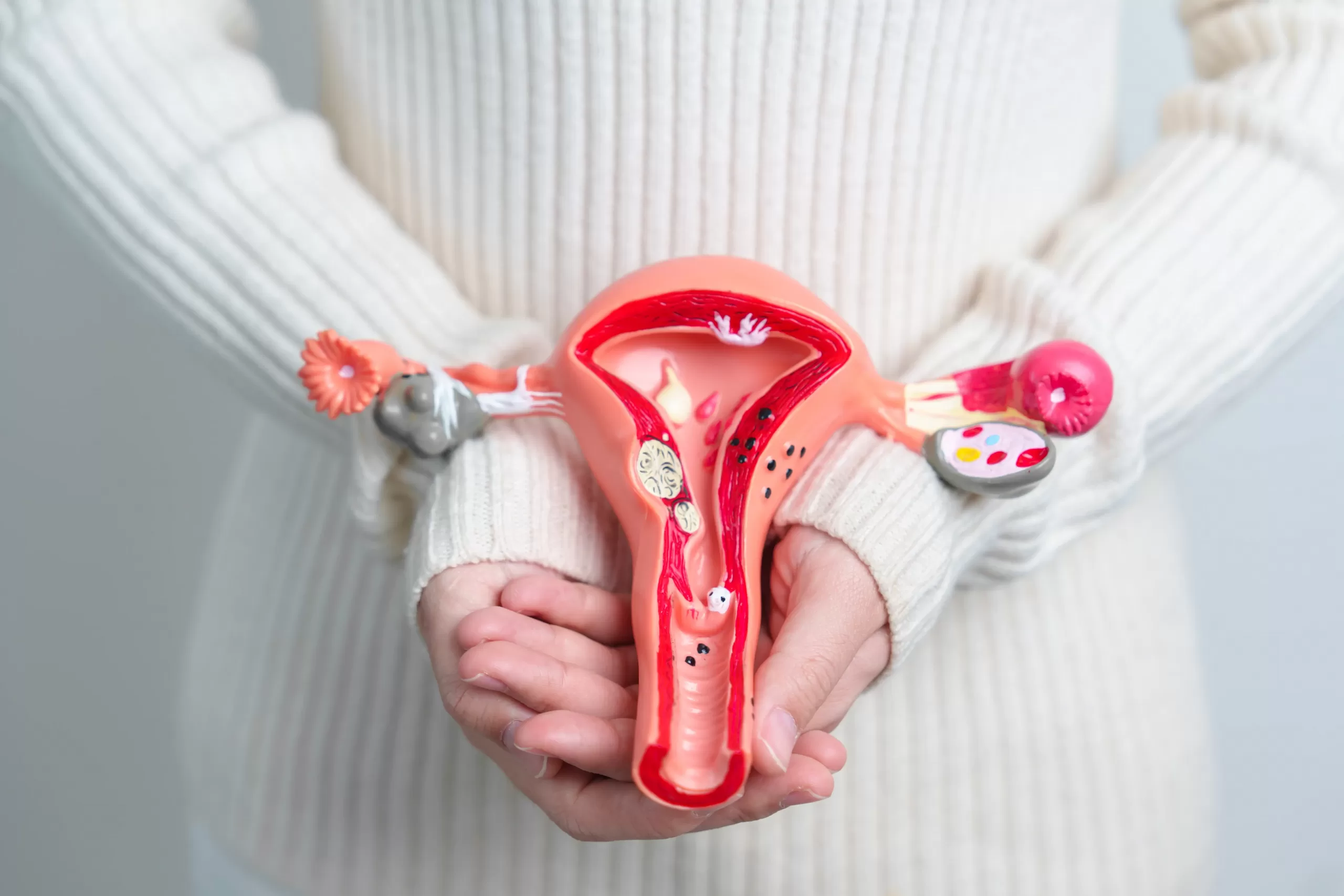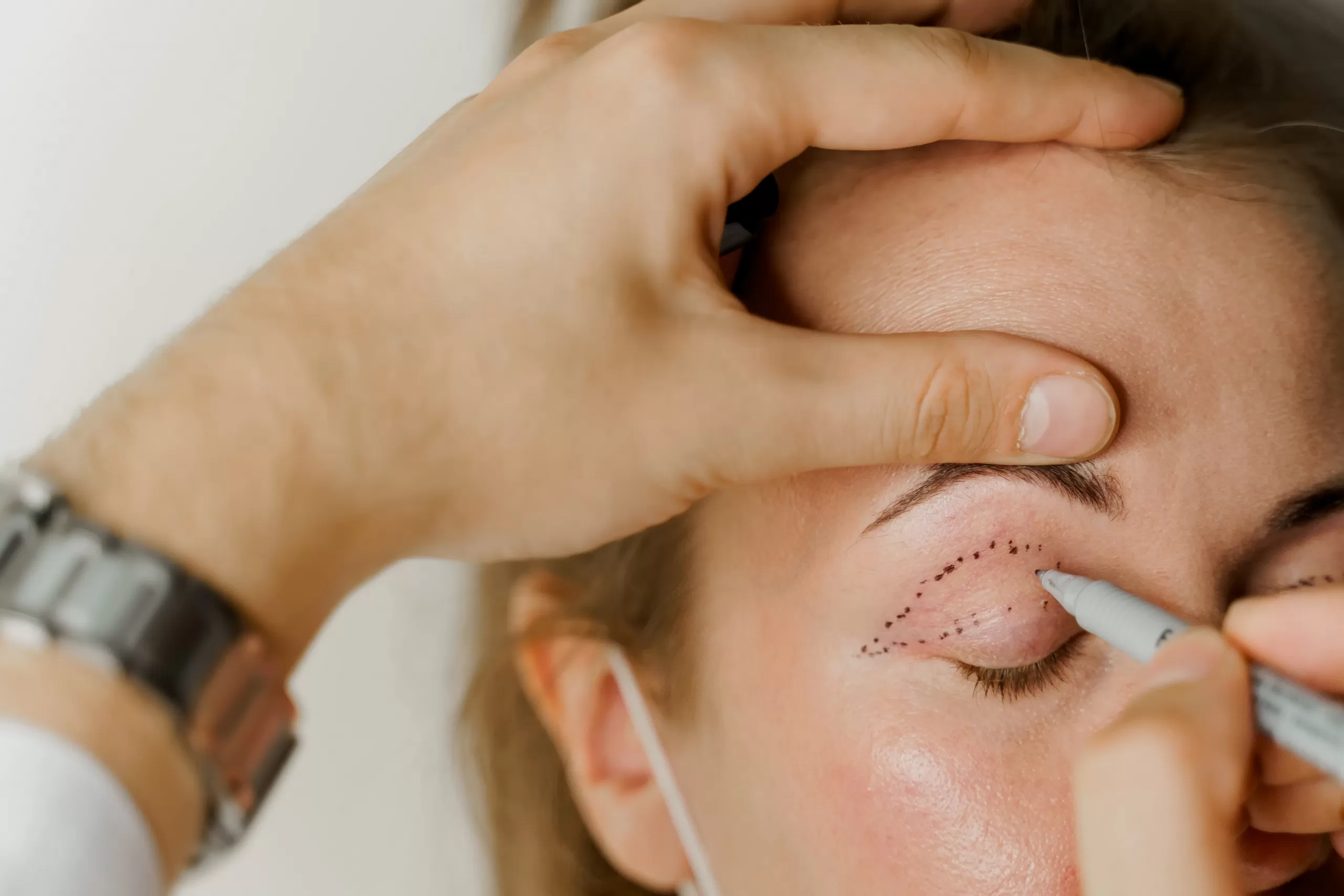Irregular periods- what causes them & what tests should be done?
Irregular periods- what is abnormal?
- You count your menstrual cycle from day 1 of your period to the day before the next period starts.
- Whilst around 28 days is the norm, some women have slightly shorter or longer cycles, ranging from 3 weeks to around 5 weeks.
- Slight differences in the length of your cycle from one month to the next can be normal, but if the gap between your period keeps changing, or if there are changes in your usual bleeding pattern, it could be a sign of an underlying health problem.
- Any woman experiencing irregular periods, changes in bleeding pattern, or bleeding between periods should see a doctor, as there are many possible causes- some of which are serious.
So, what causes irregular periods?
If periods have stopped completely, possible causes include:
- Pregnancy
- Menopause (whilst menopause usually happens between 45 and 55, it can happen early in some women)
- Certain forms of contraception or other medications
- Breastfeeding
Your periods may stop completely (amenorrhoea) OR there may be longer gaps between them (oligomenorrhoea) in the following situations:
- A lot of girls have irregular periods for 1-2 years after they get their first period- this usually settles over time.
- Weight loss or extreme dieting
- Extreme exercise
- Obesity
- PCOS (polycystic ovarian syndrome)
- Severe chronic illness or stress
- Perimenopause (the months and years leading up to menopause)
- Breastfeeding
- A thyroid problem -an underactive or overactive thyroid gland can be to blame)
- High prolactin -prolactin is a hormone made by the pituitary gland in your brain. If the pituitary makes too much prolactin, this can cause irregular or entirely absent periods
- Certain contraceptive medications – particularly the progesterone “depo” injection, the mini pill (progesterone only pill) and the intra-uterine system (IUS or Mirena coil)
Bleeding between periods
Some women may get unpredictable spotting or irregular bleeding between periods, or bleeding after sex. This should always be assessed by a doctor. Possible causes of bleeding between periods include:
- Sexually transmitted infections- such as chlamydia or gonorrhoea
- Problems with the cervix, including cervical erosions, ectropion or cancer.
- Endometrial (womb) cancer
- Endometrial polyp
- A side effect of many types of contraception
- A retained tampon
- Irregular spotting or bleeding can also occur in early pregnancy, especially in a miscarriage or ectopic pregnancy.
What tests are needed if you have irregular periods?
If your periods have stopped or are further apart than normal, your doctor will usually ask about your physical health, changes in weight, diet and any emotional stress. They may also advise tests including:
- A pregnancy test
- Blood tests to check the following
- TFT (thyroid function test)
- Prolactin levels
- Reproductive hormones LH and FSH (they’ll be very high in menopause)
- Oestrogen levels (low in menopause)
- Testosterone (may be raised in PCOS)
- General bloods (full blood count, kidney and liver function tests, to check for chronic illness)
- An ultrasound scan of the pelvis- to check for abnormalities of the ovaries (e.g. PCOS) or the uterus.
- If there’s irregular spotting or bleeding between periods, you may be advised to have tests for sexually transmitted infections (involving bloods, urine and swabs). The doctor may also examine the appearance of your cervix, by inserting a speculum and shining a light into the vagina.

What is the treatment for irregular periods?
- Treatment for irregular periods depends on the cause
- If a women has slightly irregular cycles, but no underlying health problem is found, a form of contraception may be recommended to regulate bleeding
- However, it’s essential to get fully checked out by a doctor if you have irregular bleeding, before considering a contraceptive.
- For more information on irregular periods or bleeding between periods, speak to your GP.
Further Patient Resources:
Irregular Periods. healthdirect.gov.au
Article Resources:
Boyle JA, Teede HJ. 2014. Irregular Menstrual cycles in a young woman.
What is a hysterectomy and when is it needed?
What is a hysterectomy and when is it needed? A hysterectomy is a surgical procedure to remove a woman's uterus (womb), usually performed by a gynaecologist. It is commonly [...]
Eyelid cosmetic surgery
Is Eyelid Cosmetic Surgery Right for You? Are your eyelids feeling heavy? Do they affect your vision, making everything blurry or giving you a sense of constant fatigue? Do [...]
How to get the most out of your doctor’s appointment
How to get the most out of your doctor’s appointment Have you had a bad experience with doctors? Are you nervous about your next doctor’s appointment? Whether you are [...]





